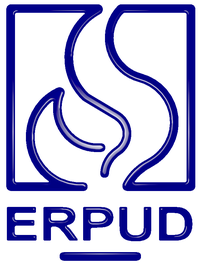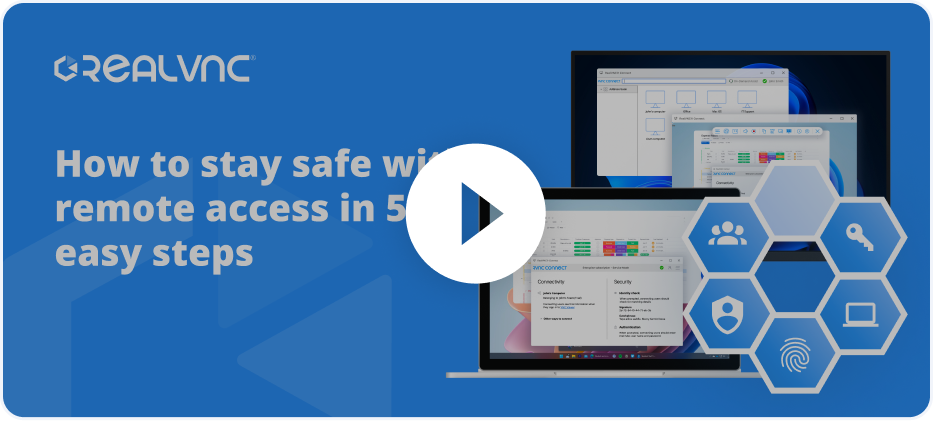Elk River Public Utility District (ERPUD) - case study
Reduce Cost
Decrease support call repeat rates, call handling time and on-site travel costs
Improve quality
Provide engaging, real-time connections that improves employee and customer satisfaction
Increase uptime
Avoid downtime with faster problem identification and resolution
Company
Based in Tennessee, Elk River Public Utility District (ERPUD) provides natural gas solutions to approximately 16,000 customers over two counties. In addition to providing gas to thousands of residents and businesses, ERPUD also offer emergency callouts, gas equipment installation and servicing, and safety inspections. The IT team have used RealVNC remote access software, VNC Connect, to provide support and maintenance to ERPUD’s computers and servers since its inception.
Challenge
When shelter-in-place orders were given due to the COVID-19 pandemic, ERPUD were unsure how they would be able to continue providing their essential service to their customers without being able to be in the office. Luckily, Operations Manager Matt Hulvey was quick to realise that VNC Connect could be used by staff to connect to work computers remotely.
Solution
In the space of a single day, the ERPUD IT team were able to set up VNC Connect on the office desktops, along with new basic all-in-one computers for employees to take home. With VNC Connect, staff were able to work as though they were in the office as long as they had internet access, with no safety risks. The simplicity of using the software to connect to workstations miles away made the transition to home working smooth for ERPUD staff, without the need for powerful and expensive equipment.

“As long as you can get on the internet with it and run that one application, VNC Connect, then, that’s all it takes. ”
Matt Hulvey
Manager of Operations
Future
All ERPUD staff now have the ability to work from home where needed, keeping themselves and their families safe. With a remote working arrangement enabled by VNC Connect in place, ERPUD now has the option to be more flexible in the future, potentially extending their telecommuting policy beyond the pandemic.









